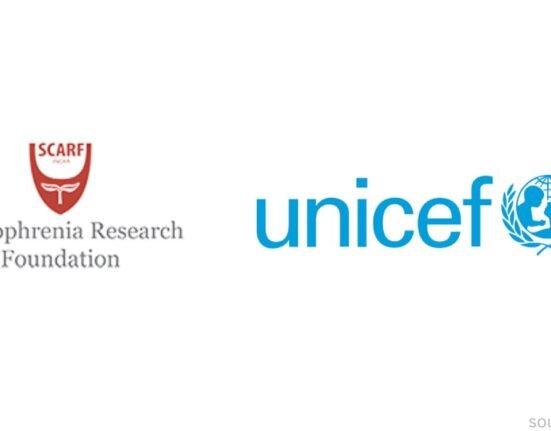New research from McGill University and other institutions underlines the cognitive benefits of mastering a second language, especially if learned early in childhood. The new study demonstrates that bilingual people have increased connectivity between areas of the brain, i.e., a more efficacious communication network connecting different brain regions. However, one notable exception exists between the cerebellum and the left frontal cortex.
The experiment was conducted on 151 participants who happened to be either French, English or both. Researchers were able to determine the age at which these participants learnt the second language. The team did not focus on isolated parts of the brain, unlike previous studies. They used resting-state functional magnetic resonance imaging to examine the connectivity of the whole brain.
The results were astounding: compared to their monolingual peers, the bilingual participants showed higher connectivity between brain regions. In effect, it seemed most prominent in those whose first exposure to a second language was early in life. According to researchers, early exposure not only made the connections in the brain stronger but also increased cognitive flexibility. Therefore, it might be possible that a bilingual person can be an expert at readjusting their thinking and solving ways.
Read More: To be a Polyglot: How it affects Cognitive Processes and Identity
Traditionally linked to motor control, the cerebellum is involved significantly in processing language and other cognitive tasks. The new study reveals that even stronger ties between the cerebellum and the left frontal cortex region of the brain have early second language acquisition attributed to them. This again points to the neuroplasticity of the human brain. Through experiences of learning, especially in childhood when the human brain is most adaptive, reorganizes and develops new connections.
These findings are in line with the overall body of research that has been able to converge evidence of the cognitive benefits associated with bilingualism, including advantages in attention and recovery from brain injury. This work adds a new dimension to the current research in showing how bilingualism encourages interconnectedness of brain structures that work to better support general cognitive functioning and resistance to age-related decline.
According to Zeus Gracia Tabuenca, learning a second language is the time when such an ability develops into a more efficient organization of the brain. The earlier one is introduced to a second language, the greater the scope for brain areas to become involved in this neuroplasticity. This further indicates that educational strategies for early language learning can have long-term positive consequences on cognitive development.
Read More: How to learn a new Language and what are its benefits
The implications extend beyond individual cognitive benefits. Such results suggest that the possibility of bilingualism moulding educational policies and practices is likely an extension. The idea is likely to persuade the school authorities to introduce second language teaching programs for children at an early age so that higher brain capacity can be better capitalized during childhood.
The findings were published in the journal Communications Biology as part of the growing literature that informs about the role of bilingualism in cognitive wellness. The sources of funding included grants from both the Natural Sciences and Engineering Research Council of Canada and the European Union’s NextGeneration program indicating great interest in the benefits of bilingualism for cognitive wellbeing.
In short, this work reiterated that there is good reason to believe that L2 learning can have a major impact on connectivity and, therefore, strengthen brain function at all ages but may be more effective when first learned in the early years of life. As we deepen our understanding of the complex interaction between language learning and brain function, these findings point to the promise of strengthening educational approaches and supporting lifelong cognitive fitness.













Leave feedback about this